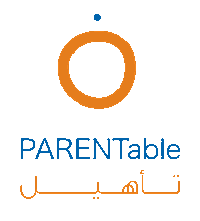It would be marvelous if our schools were multilingual spaces where teachers would foster all children's languages. Unfortunately, this is not the case. Sure, in all countries except in Turkey, children receive education in the school language. Yet, in some countries, schools or other institutions related to schools support the literacy development of the family languages of the children, too.
Sweden
In Sweden, students with a family language other than Swedish have the right to receive education in this language. The children need to have a basic level of proficiency in the language. A school must organize family education if at least five eligible students apply. Yet the school also needs to find a suitable teacher with sufficient skills in both Swedish and the other language.
Italy
In Italy, home language education is sometimes provided by schools, and many community-based language learning initiatives exist. Yet initiatives vary significantly based on the characteristics of the immigrant community and from region to region and city to city. Ask the teachers of your children, ask friends, ask everybody in your community.
Germany
Not all schools offer family language education in Germany; this depends on the respective "Bundesland." In Saxony, your child can learn, for example, Arabic or Turkish instead of French at school. In Baden-Württemberg, your child might learn the family language at school. However, the teaching is not part of the curriculum. The consulates of the "countries of origin" organize the teaching and pay the language teachers. In Berlin, schools offer language teaching in Turkish, Kurdish, and Arabic for grades 1 to 6. During two lessons per week, local teachers teach children free of charge. Participation is not obligatory but compulsory after registration. The respective consulates can offer education in other languages in Berlin, too.
Turkey
In Turkey, not only schools, yet also temporary education centers provide education to refugee children. Education in these centers is, sometimes, in Arabic; this seems, at first, to be a good idea. However, it is unclear how the students who attend these centers will be integrated into the Turkish education system to further their education.

